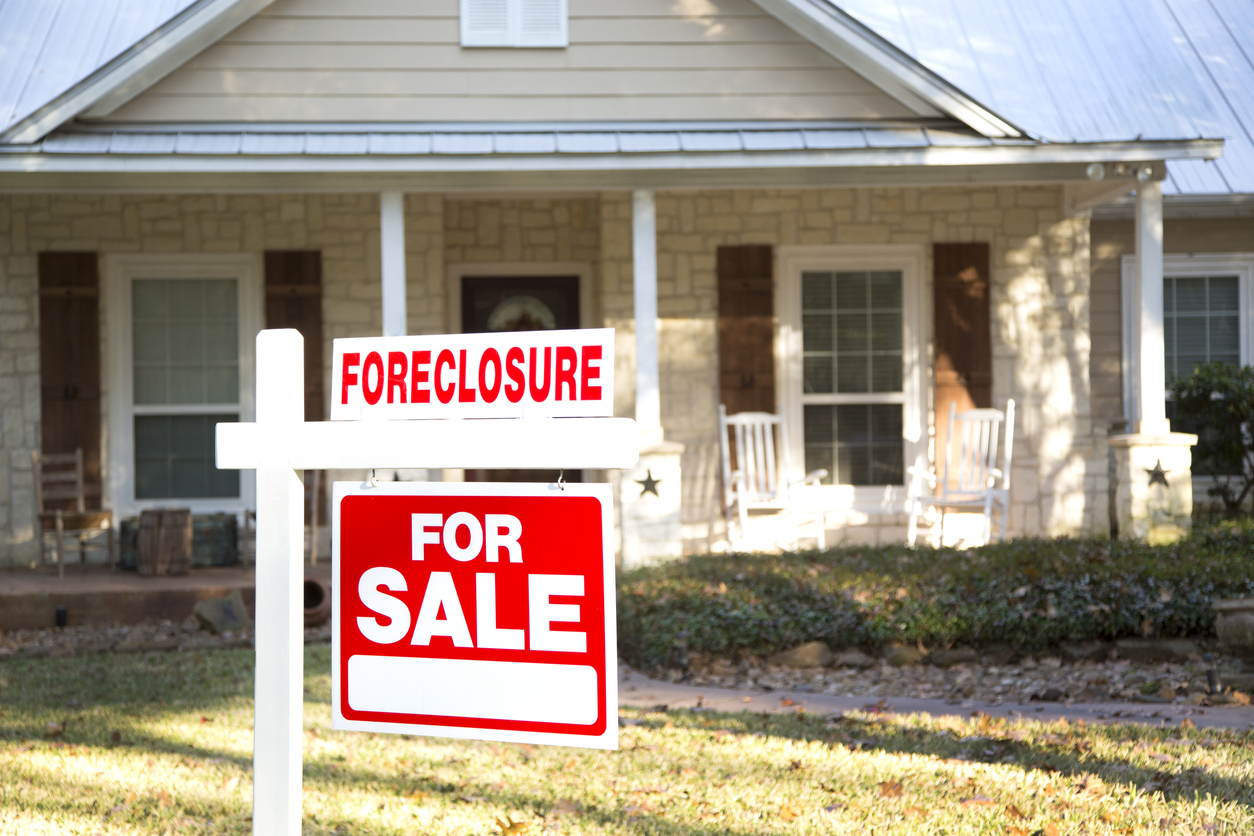In 2020, the foreclosure rate went down to .16%. The following year saw an additional decrease as the rate went to a record low of .11%. Unfortunately, the end of the COVID mortgage payment moratoriums, coupled with inflation and an unstable economy, have contributed to a foreclosure rise that appears to have no end in sight. The foreclosure rate nearly doubled from 2021 to 2022 to end at a .23% foreclosure rate and 324,237 properties with foreclosure filings. By the end of 2023, the foreclosure rate had risen to .26% and there were 357,062 properties with foreclosure filings. The rate has only continued to rise in the first two months of this year. Foreclosures in January 2024 were up 5% from the previous year and 10% from the previous month. February saw a slight decrease as foreclosures were down 1% from the previous month; however, the rate is still 8% higher than February 2023. What’s more, foreclosure starts jumped in February as lenders started foreclosure proceedings on 22,575 properties in the United States, up 4% from the previous month and 11% year-on-year.
ATTOM’s February 2024 U.S. Foreclosure Market Report shows that, nationwide, one in every 4,279 housing units had a foreclose filing. However, some cities and states have a far higher foreclosure rate than others. Columbia, South Carolina, has one foreclosure filing for every 1,478 housing units. In Lakeland, Florida, there is one foreclosure filing for every 1,600 housing units. Spartanburg, South Carolina, has one foreclosure filing for every 1,742 homes, while Merced, California, has one foreclosure filing for every 1,794 homes. South Carolina comes in first place for the state with the highest foreclosure filing rate, with a current rate of one foreclosure filing for every 2,248 housing units. Delaware is in second place with a foreclosure filing for every 2,428 housing units. Florida has one filing for every 2,632 housing units while Ohio has one filing for every 2,828 housing units.
Repossessions in January 2024 were up 13% from the previous month and 1% year-on-year. This marked the first month-on-month REO increase since July 2023. February’s REO rate is down 14% from the previous month and 11% year-on-year; however, homeowners in many cities are still seeing an increase in the home repossession rate. February 2024 REO rates were up over 50% in South Carolina and Missouri. They were up 46% in Pennsylvania and 7% in Texas. Cities with the highest REO rate are Chicago, Illinois; Philadelphia, Pennsylvania; New York City, New York; Pittsburg, Pennsylvania; and Detroit, Michigan. What’s more, the foreclosure start rate for a number of these cities and states rose this month, which means that the REO rate will likely increase in the coming months. Texas, for instance, had nearly 2,700 foreclosure starts in February 2024. New York City alone had 1,367 foreclosure starts this month foreclosures while Chicago had nearly 800.
“The annual uptick in U.S. foreclosure activity hints at shifting dynamics within the housing market,” ATTOM CEO Rob Barber recently pointed out, noting that the trends could be a result of an “evolving financial landscape for homeowners.” While there are many reasons why homeowners may find themselves unable to keep up with mortgage payments, it is clear that the financial landscape of the last few years has put a strain on households throughout the United States. While it’s unlikely that the housing market will see the catastrophic rise in foreclosures that was part of the 2008 global financial crises, foreclosures filings and even REOs will likely continue to increase for the rest of this year.
Have questions?
If you or someone you know has questions about the current foreclosure climate, we’d be happy to answer your questions:
(818) 591-9237

